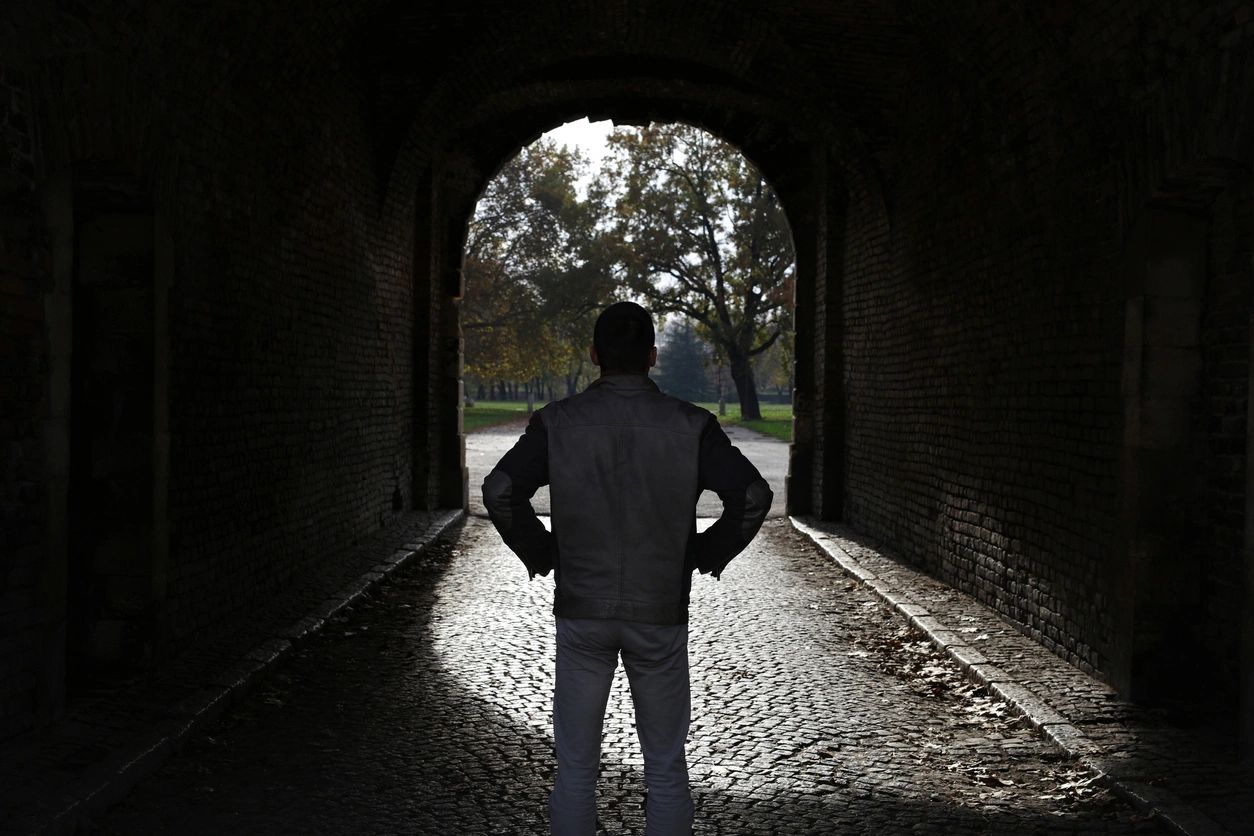Men’s Counseling. Is there a male stigma surrounding mental health issues? Several recent studies show that there definitely is. While we know that mental health issues like depression and anxiety affect both men and women, studies have shown men are less likely to seek help or receive treatment. Waters Edge Counseling would like to dig into this topic and find out more.
Men’s Counseling
According to the studies, men may feel ashamed or embarrassed by their thoughts and feelings. This is influenced by longstanding cultural attitudes about gender and mental health, as shown in a 2016 study. In this particular study, more than 75% of male respondents say they would feel disappointed in themselves or lacking around other people if they were depressed.
The idea of “masculinity” is also a deterrent for many men from seeking help. Sadly, this refusal to get help can have tragic consequences. According to the American Foundation for Suicide Prevention, men died by suicide 3.63 times more often than women in 2019.
The Difference in Symptoms Between Men and Women
We know that recognizing symptoms of mental health issues is important. But sometimes there is a difference in the way those symptoms show up between men and women.
- People with depression may feel irritable, sad or have trouble concentrating. But because men are more likely to internalize their feelings, this can become anger or aggression.
- Men tend to dull their feelings through alcohol or drug use more than women.
- A 2011 study published by the American Psychological Association found that women had higher numbers of depression, anxiety, panic disorder and social phobia than men. However, men had higher prevalence of alcohol and drug dependence, and antisocial personality disorder.
- Women are more likely to withdraw when dealing with their emotions. Men are more likely to act on impulse, be aggressive, coercive or show belligerent behavior when dealing with emotions.
Signs to Look For When Mental Health Concerns Arise
There are several signs you can look for – in yourself or others – when you might be having mental health concerns. For men, as we mentioned, these can sometimes show differently than in women. But see the list below, and let Waters Edge Counseling know if you have concerns or questions.
- Anger, irritability, or aggression.
- Difficulty concentrating, restlessness.
- Difficulty sleeping or sleeping too much.
- Engaging in high-risk activities.
- Feeling “flat” or having trouble feeling positive emotions.
- Increasing worry or feeling stressed.
- Misuse of alcohol and/or drugs.
- Noticeable changes in mood, appetite or energy.
- Obsessive thinking or compulsive behavior.
- Sadness or hopelessness.
- Suicidal thoughts.
- Thoughts or behaviors that interfere with work, family, or social life.
- Unusual thinking or behaviors that concern other people.
We are Here to Help
Our therapists here at Waters Edge Counseling are experienced in dealing with all sorts of mental health issues including depression, anxiety, substance abuse and much more. If you or a loved one need additional support, please give us a call at 912.319.5552 or email us. We are here to help.



